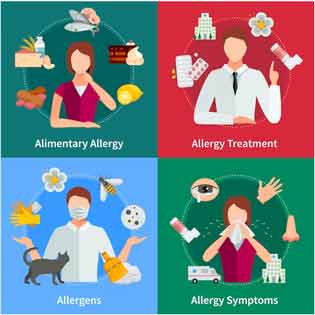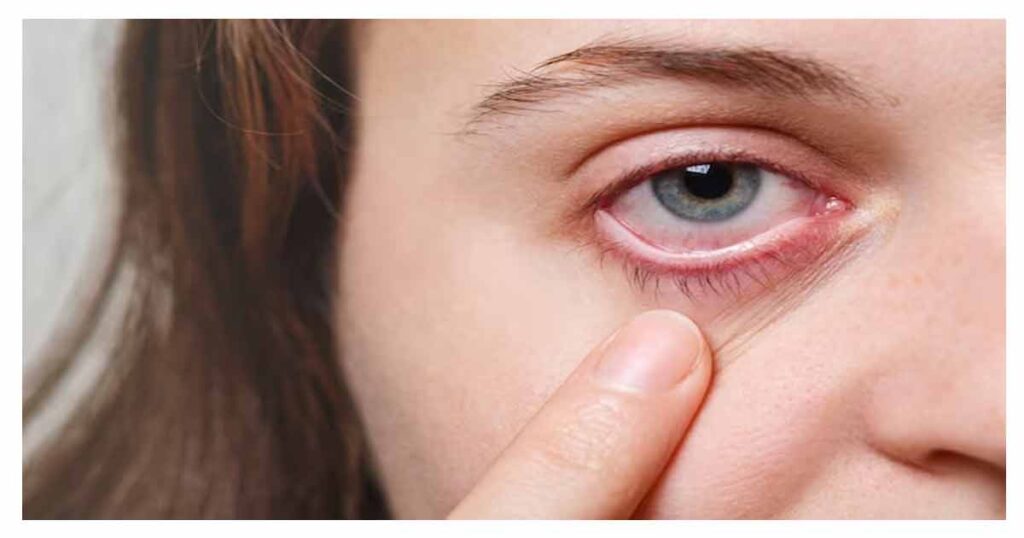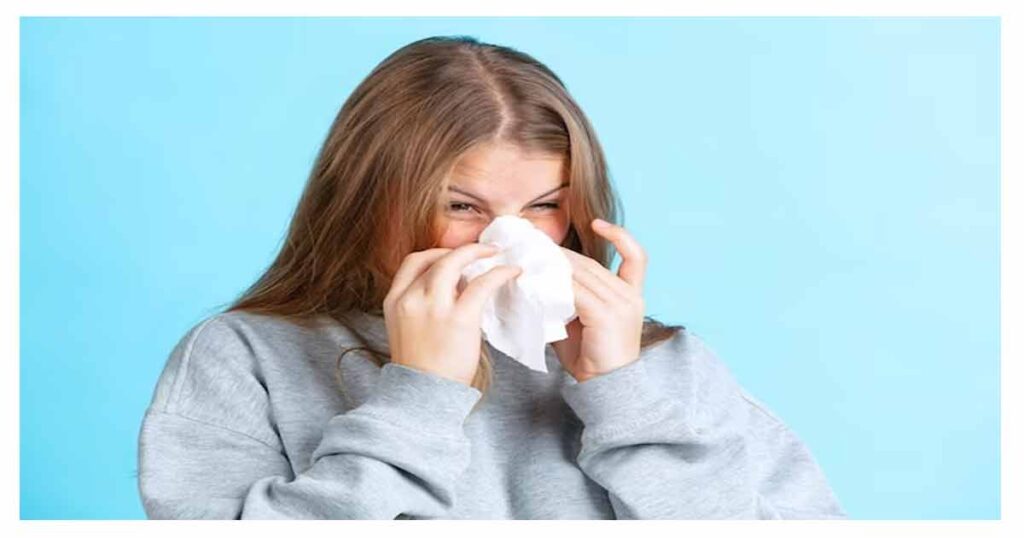Understanding Allergies: A Doctor’s Guide

As a medical doctor, I witness the impact of allergy (ies) on a daily basis. From watery eyes and runny noses to rashes and wheezing, the symptoms can range from mild inconveniences to life-threatening emergencies. However, understanding the root of these reactions can empower you to manage them effectively.
WHAT IS AN ALLERGY ?
An allergy is an exaggerated immune response to a normally harmless substance called an allergen. When an allergen enters your body, your immune system mistakenly identifies it as a threat and launches a counterattack, releasing chemicals like histamine that trigger the telltale allergy symptom.
DIFFERENT TYPES OF ALLERGIES

The diverse world of allergies can be broadly categorized into

FOOD ALLERGIES: Triggered by specific foods like peanuts, shellfish, or milk, these can cause immediate reactions like hives, nausea, and even anaphylaxis.

RESPIRATORY ALLERGY: These include hay fever (allergic rhinitis), characterized by sneezing, runny nose, and itchy eyes, and asthma, causing wheezing, shortness of breath, and chest tightness.

SKIN ALLERGY: Contact dermatitis, triggered by touching allergens like latex or nickel, causes rashes, itching, and swelling at the contact site.

DRUG ALLERGIES: Reactions to medications like penicillin can present as hives, rashes, or even anaphylaxis.

INSECT STING ALLERGY: Reactions to bee stings or mosquito bites can range from localized swelling and itching to severe systemic reactions like anaphylaxis.
CAUSES OF ALLERGY
While the exact reason remains under investigation, several factors are thought to contribute to allergies:
- Genetics: A family history of allergies increases your risk.
- Immune system function: Individuals with overactive immune systems are more prone to allergies.
- Environmental factors: Exposure to certain allergens like pollen or dust mites might play a role.
- Gut microbiome: The composition of gut bacteria might influence immune responses and allergy development.
SYMPTOMS OF ALLERGY
Allergy symptoms vary depending on the type and severity of the reaction.
Some common signs include:

Eyes: Itching, redness, watering, puffiness.

Nose: Runny nose, congestion, sneezing, itching.

Skin: Hives, eczema, itching, redness, swelling.

Respiratory system: Wheezing, coughing, shortness of breath.

Digestive system: Nausea, vomiting, diarrhea, abdominal pain.

Anaphylaxis: This severe reaction involves widespread symptoms like rapid heart rate, low blood pressure, trouble breathing, and can be life-threatening.
SEEKING MEDICAL ATTENTION
If you experience concerning allergy symptoms, consult a healthcare professional for diagnosis and proper management. They can conduct allergy testing to identify specific triggers and recommend personalized treatment plans. Depending on the allergy, treatment might involve medications, allergen avoidance strategies, or immunotherapy (desensitization).
HOMEOPATHIC TREATMENT
If you’re struggling with allergies and seeking a holistic approach to manage your symptoms, homeopathy offers a gentle and effective solution. Homeopathic medicine stimulate your natural healing abilities, providing relief from allergic reactions without the side effects associated with conventional medications. With the personalized care and individualized treatment plans offered by homeopathy, you can experience long-term relief and regain control over your health and well-being. Trust in the power of homeopathy to alleviate your allergy symptoms and restore harmony to your body, naturally.
By understanding the types, causes, and symptoms of allergies, you can be empowered to manage them effectively and improve your quality of life. Remember, early diagnosis and appropriate treatment are crucial for preventing complications and ensuring your well-being.
WHY YOU SHOULD CHOOSE HOMEOPATHY ?
1. Holistic Approach: Homeopathy treats the individual as a whole, considering physical, mental, and emotional aspects of health. It addresses the underlying causes of allergies, rather than just suppressing symptoms.
2. Safe and Natural: Homeopathic remedies are derived from natural sources and are highly diluted, making them safe for people of all ages, including infants and pregnant women. They do not cause adverse side effects or dependency.
3. Personalized Treatment: Homeopathy provides personalized treatment based on individual symptoms, sensitivities, and constitution. Each person receives a unique remedy tailored to their specific condition.
4. Long-Term Relief: Homeopathy aims to strengthen the body’s immune system and restore balance, leading to long-term relief from allergies. It addresses the root cause of the problem, rather than providing temporary relief.
5. Non-Suppressive: Unlike conventional medications that suppress symptoms temporarily, homeopathy works by stimulating the body’s natural healing mechanisms, promoting true healing from within.
6. No Dependency: Homeopathic remedies are non-addictive and non-toxic. They do not lead to dependency or tolerance, making them suitable for prolonged use without adverse effects.
7. Treatment of Underlying Sensitivities: Homeopathy addresses underlying sensitivities and predispositions that contribute to allergic reactions, helping to prevent future episodes.
8. Improved Quality of Life: By relieving allergy symptoms and enhancing overall health and well-being, homeopathy helps patients enjoy a better quality of life, free from the limitations imposed by allergies.
9.Proven Efficacy: Countless individuals have experienced the profound effectiveness of homeopathic treatment for allergic conditions, including allergic rhinitis, asthma, eczema, and food allergies through clinical application.
10.Complementary Therapy: Homeopathy can be used alongside conventional treatments for allergies, providing complementary support and reducing the need for high doses of medications.
DR.UNIS KODASSERI
CLICK HERE TO BOOK YOUR APPOINTMENT NOW